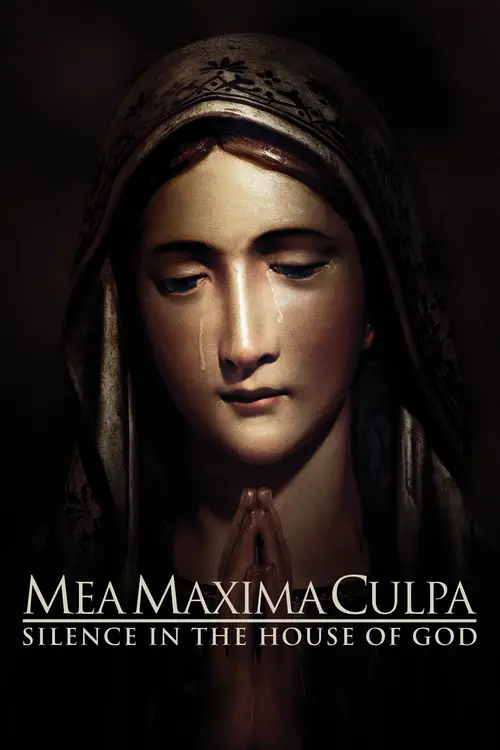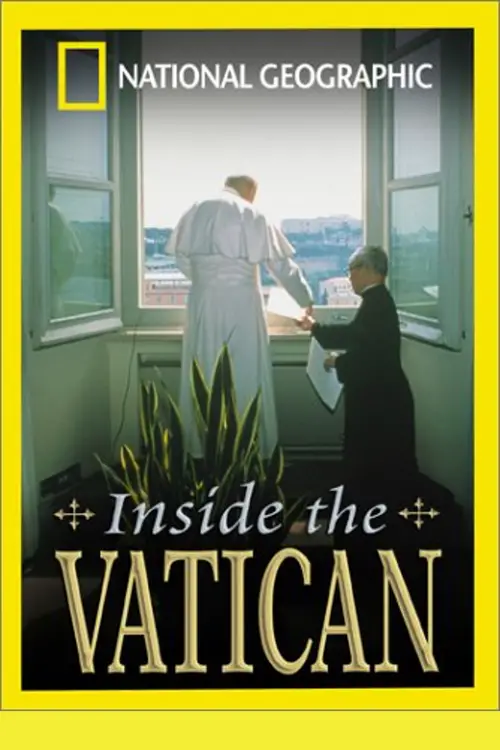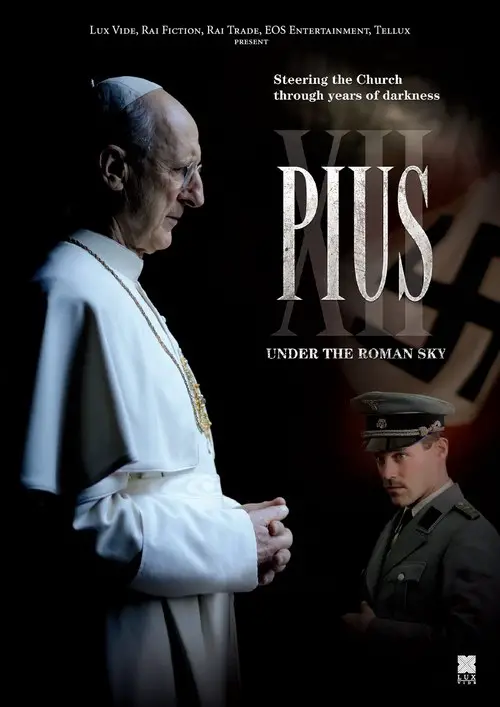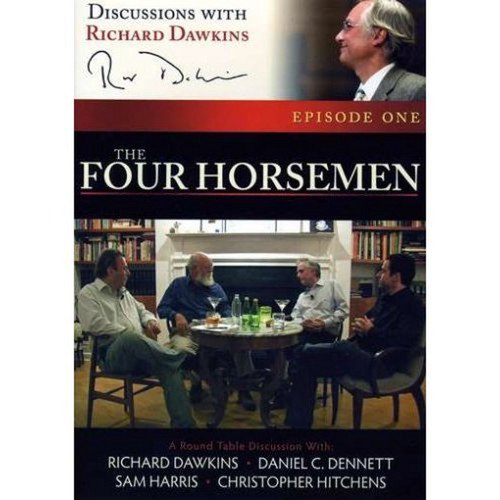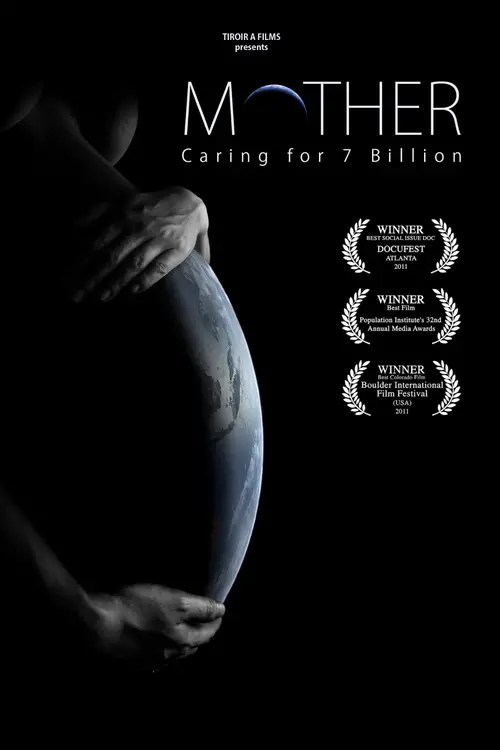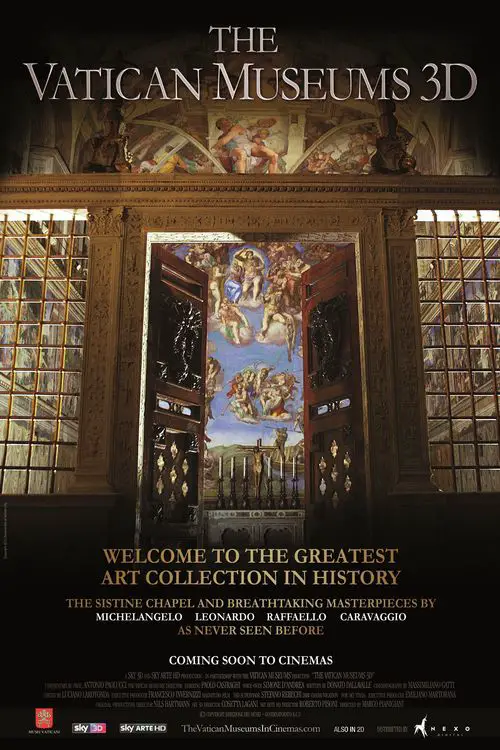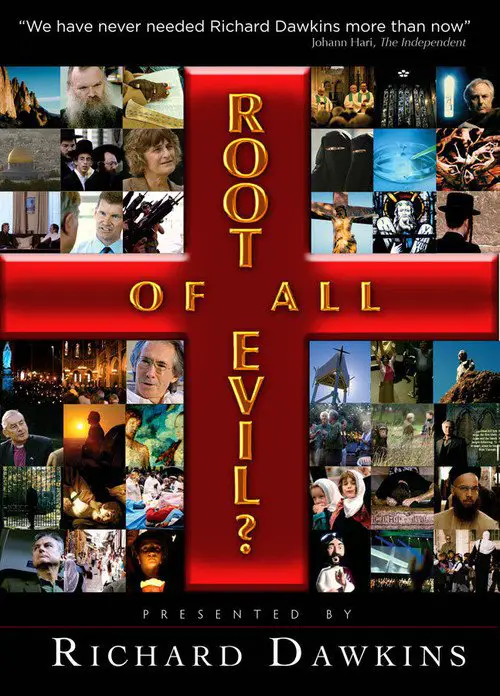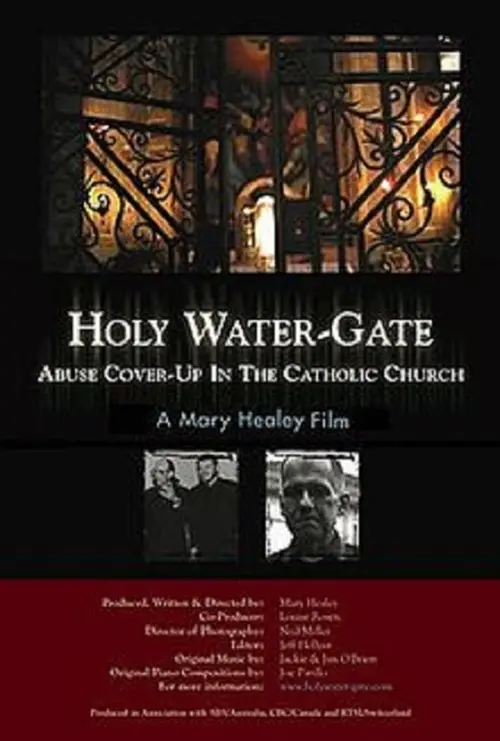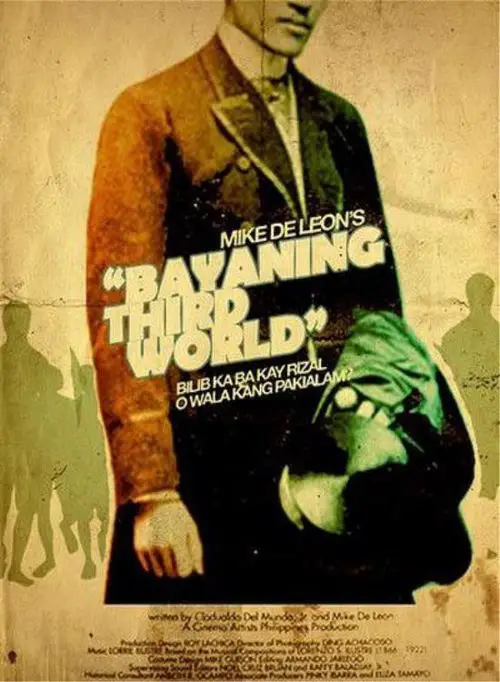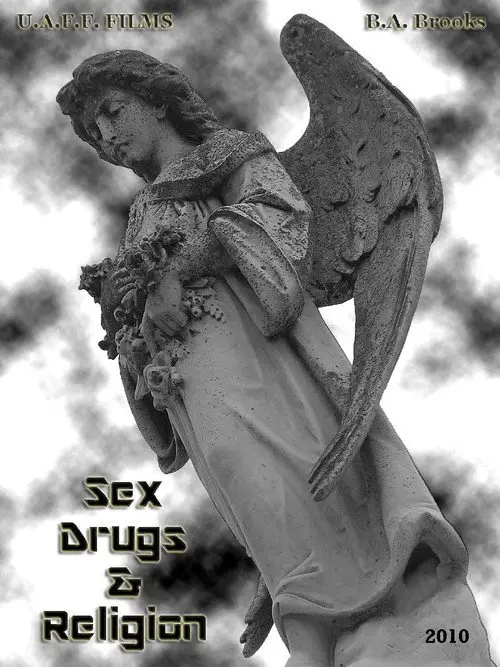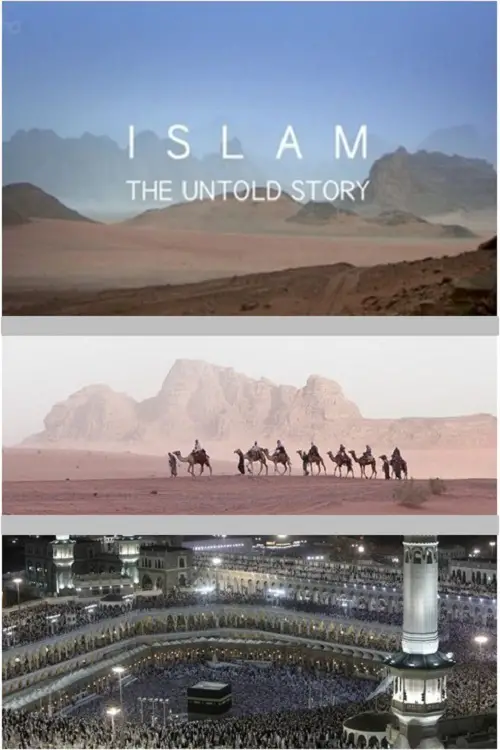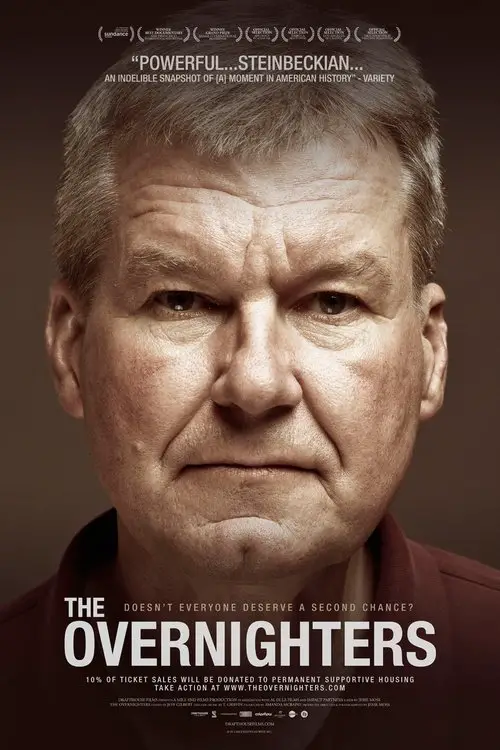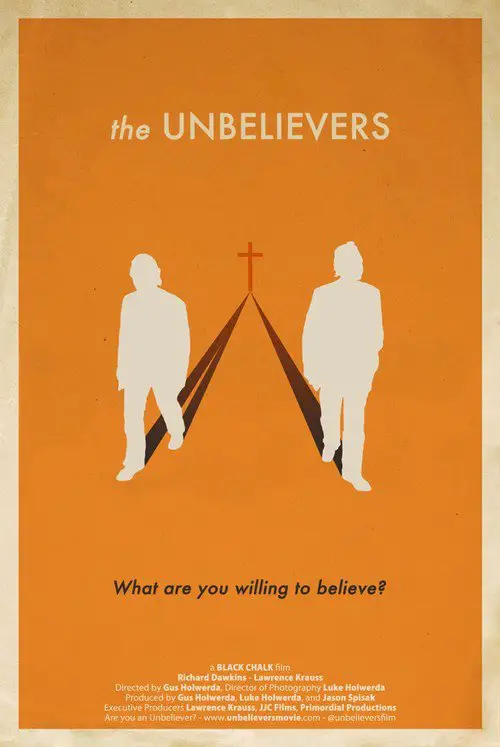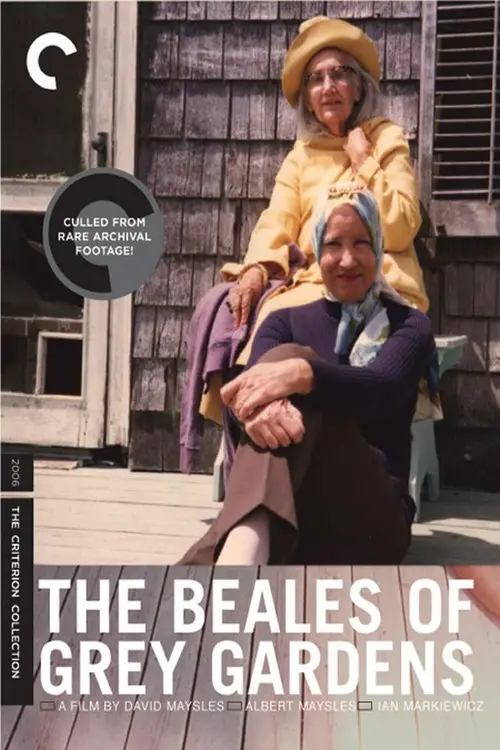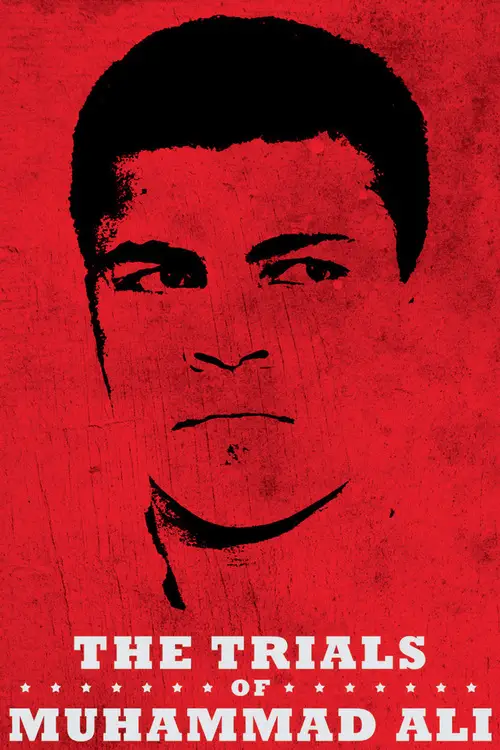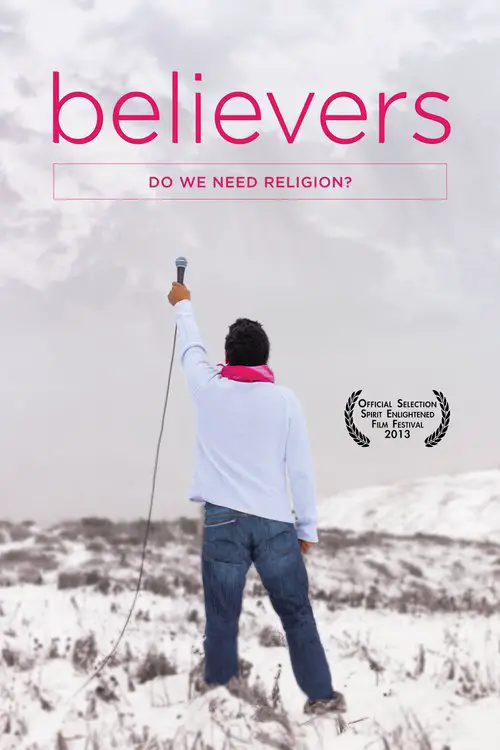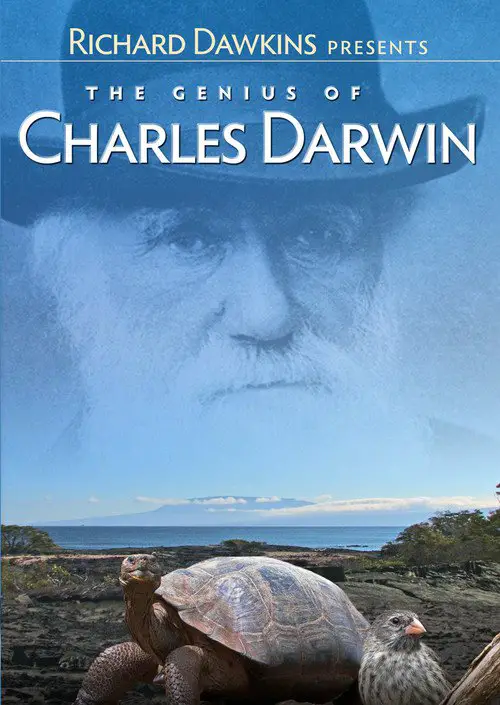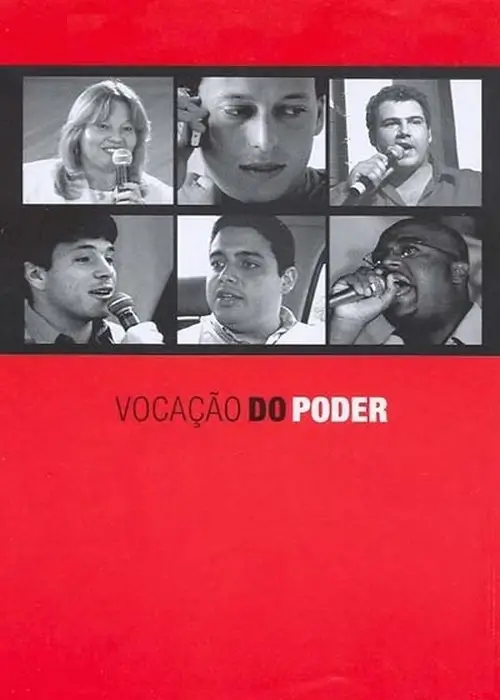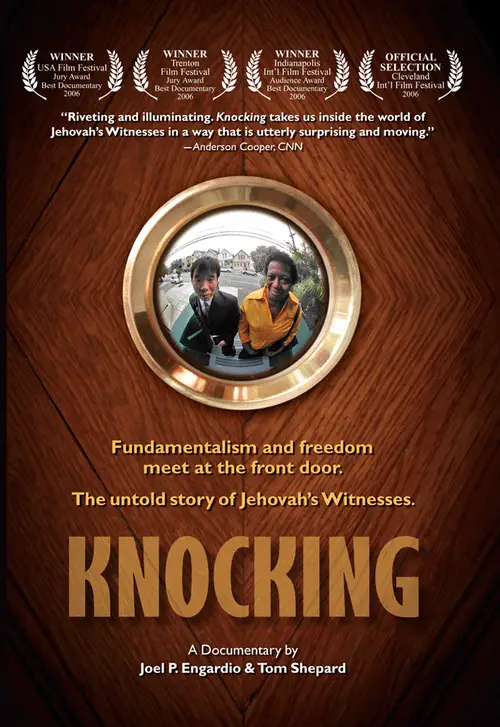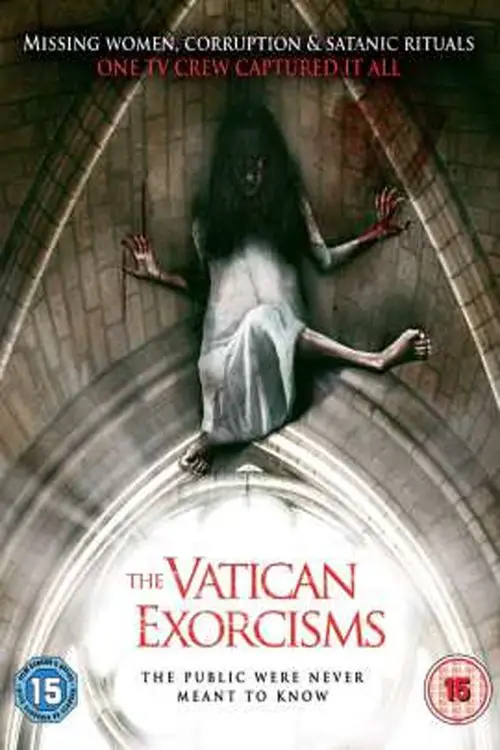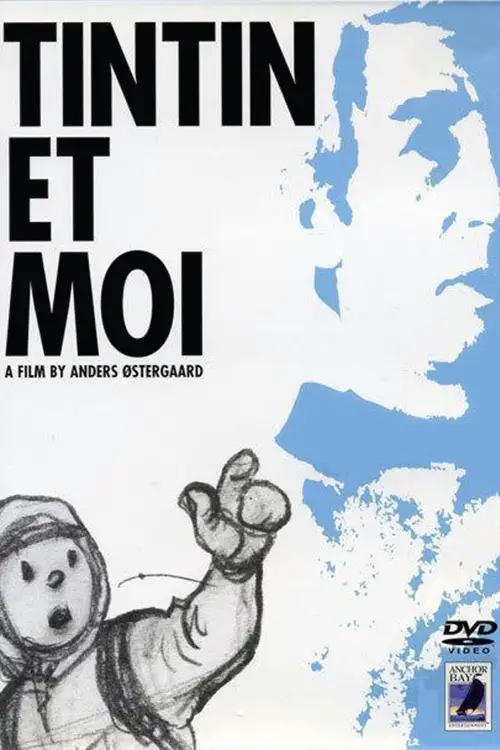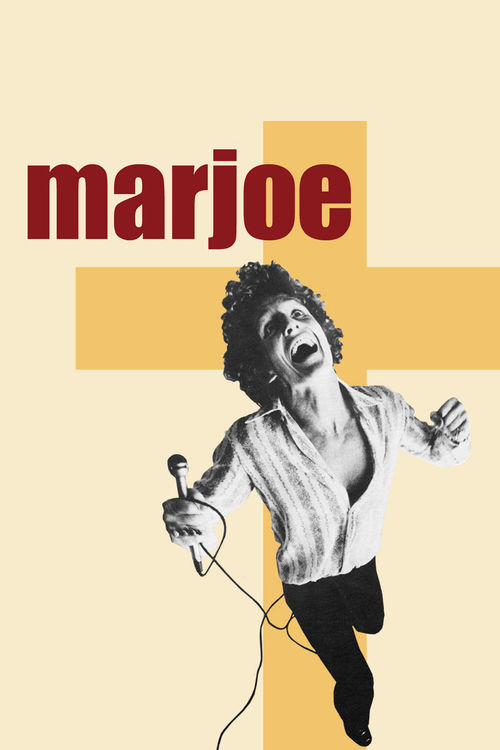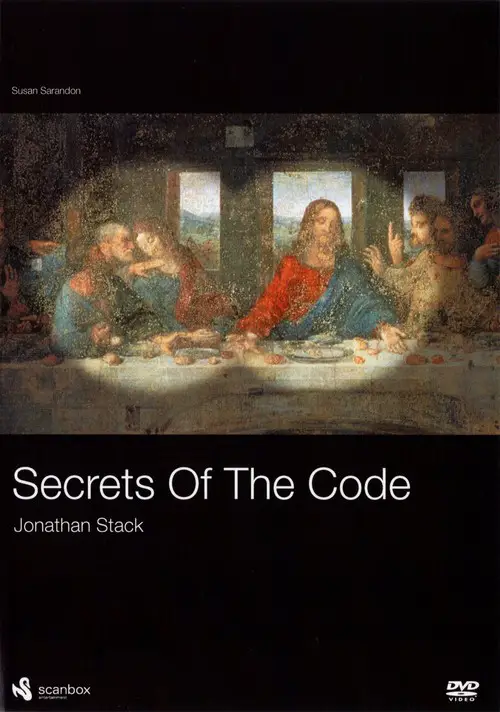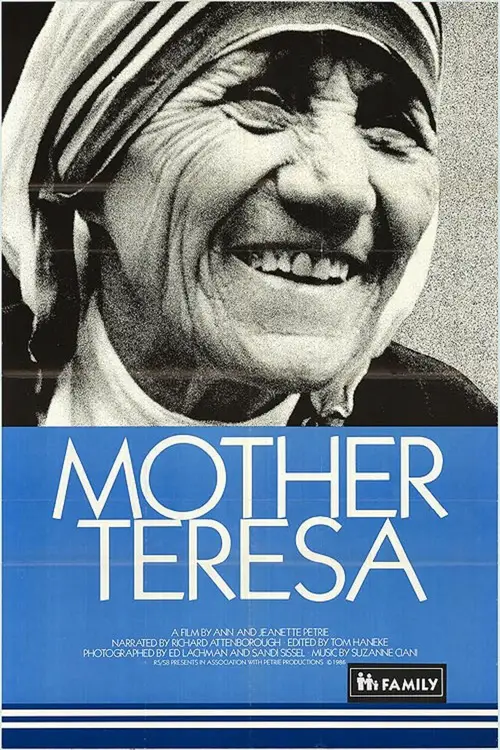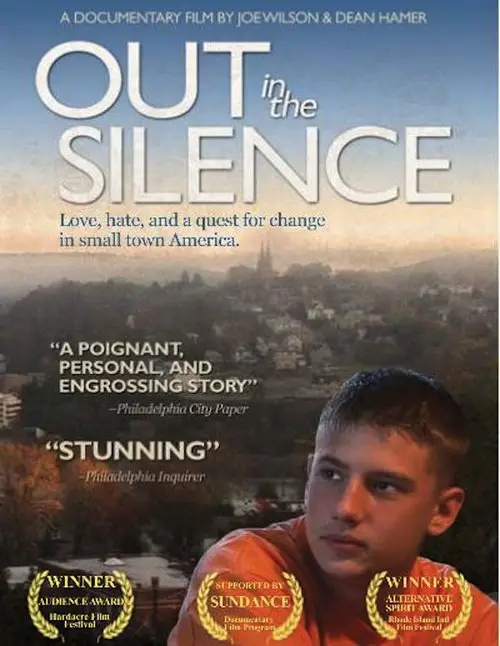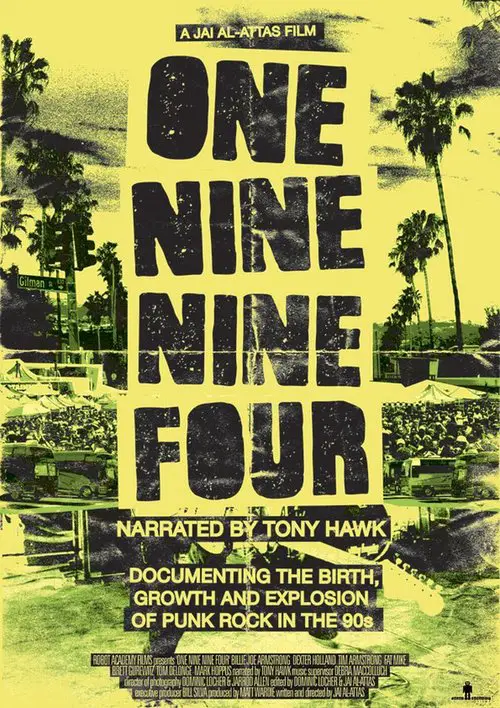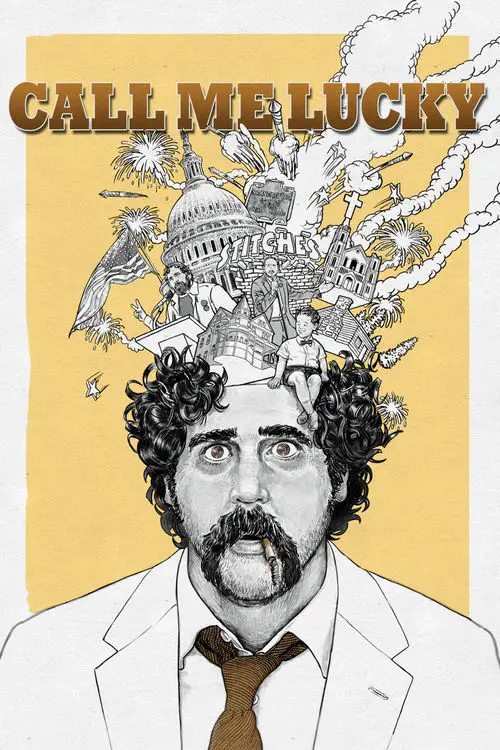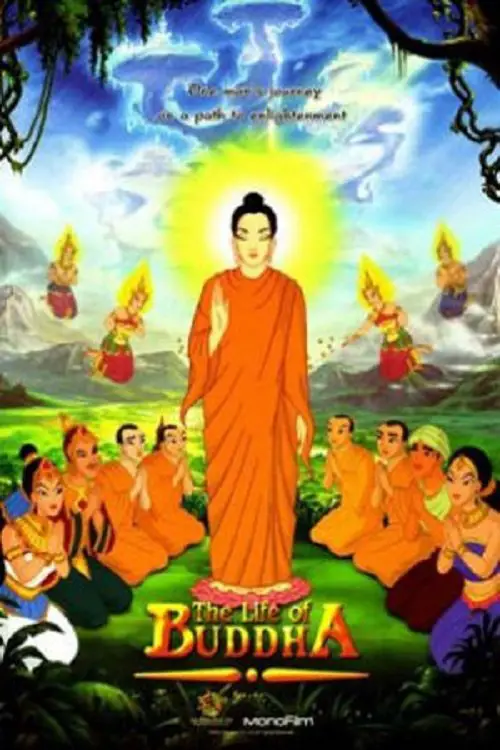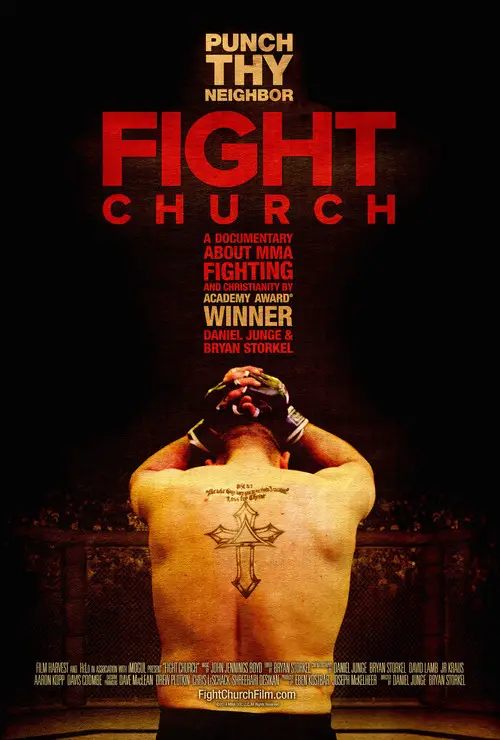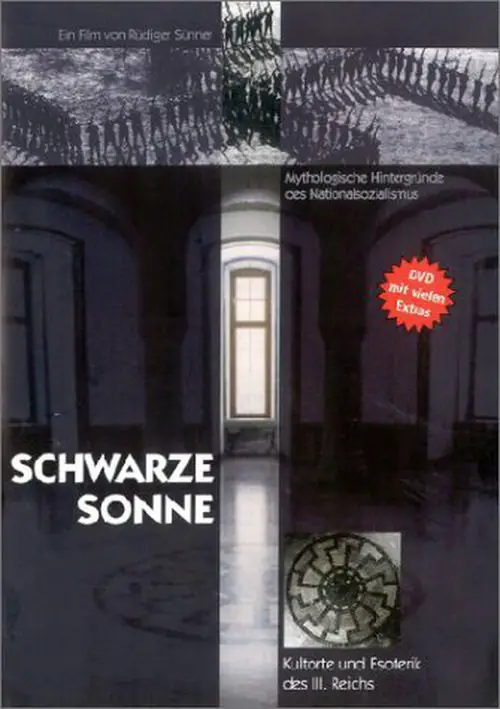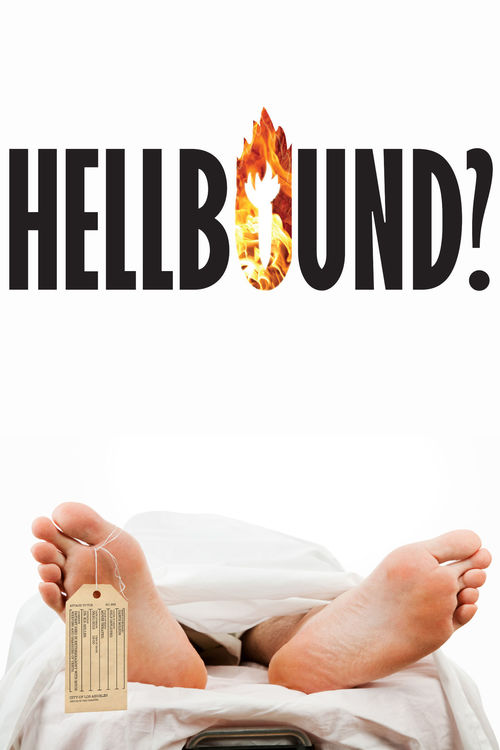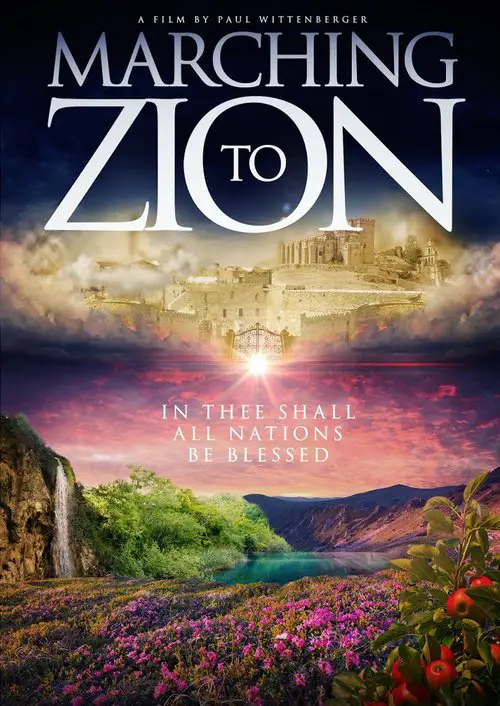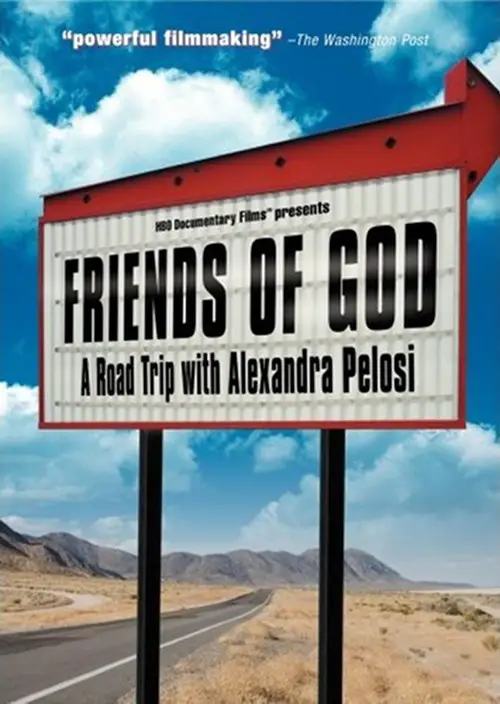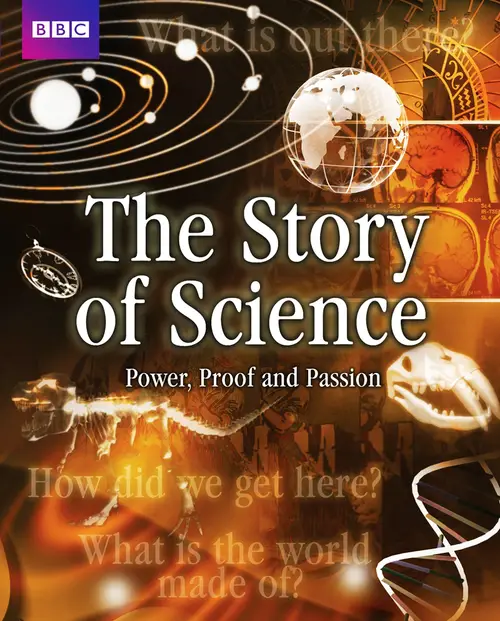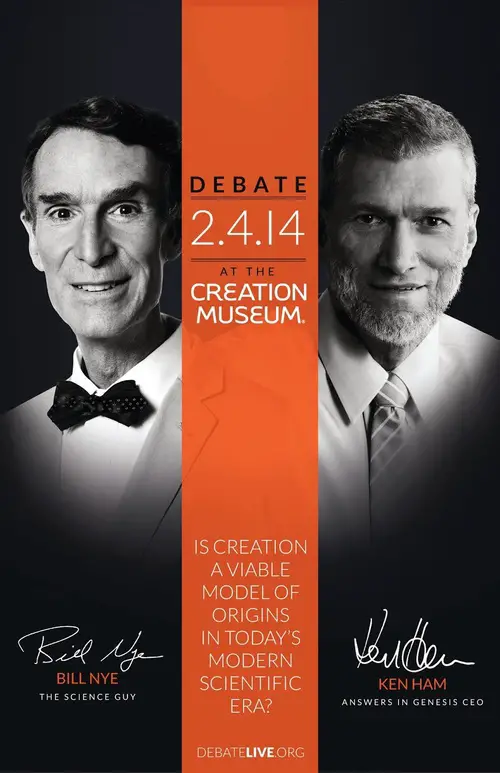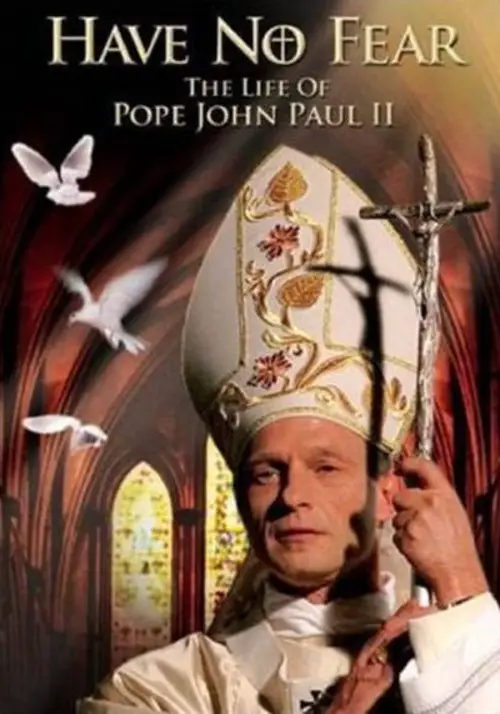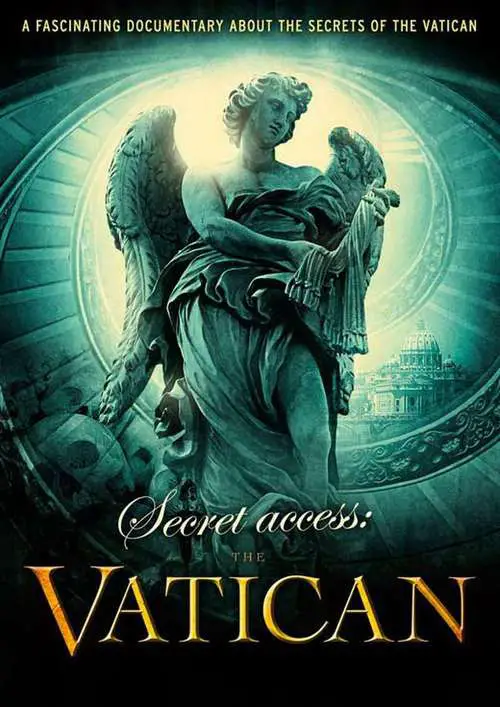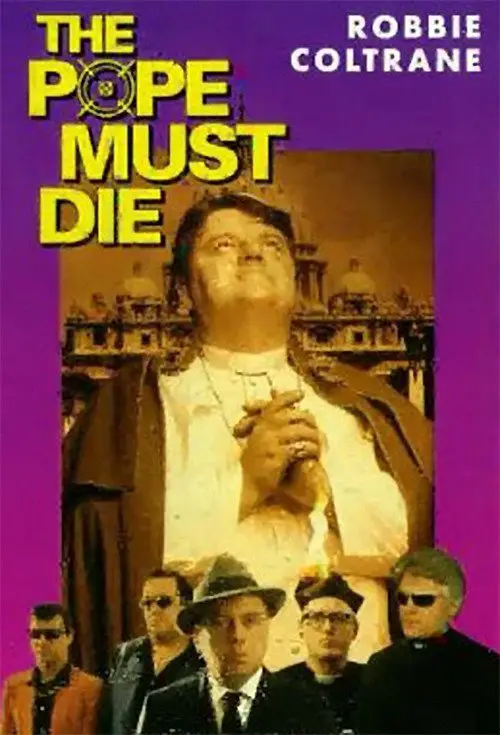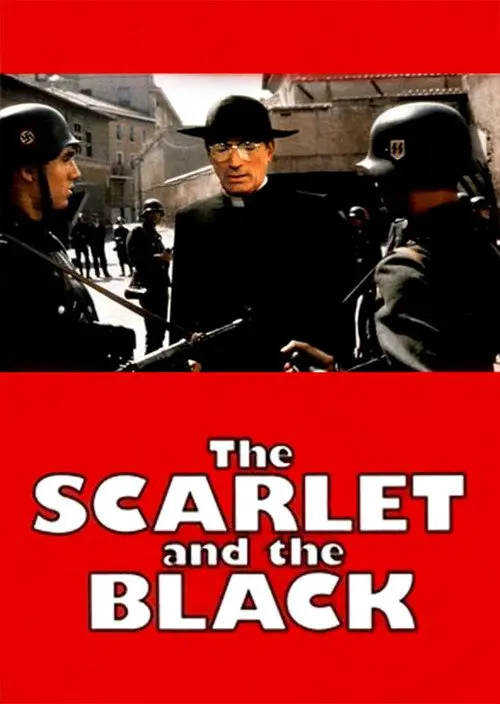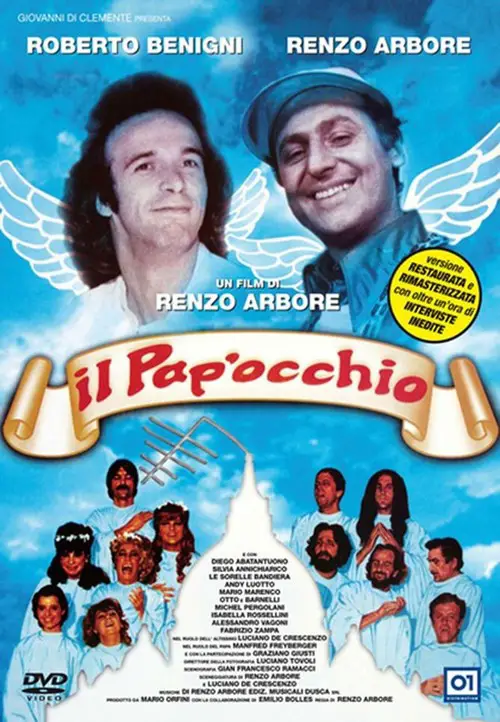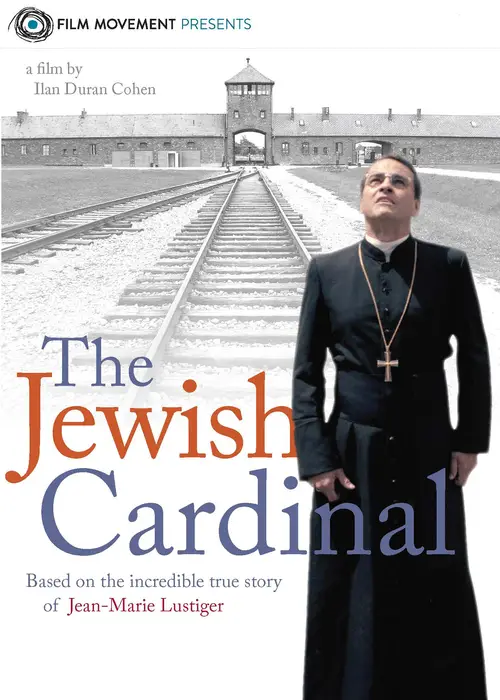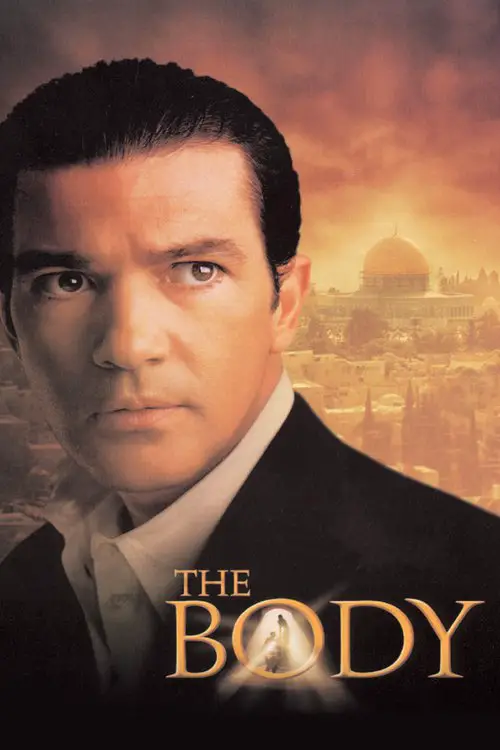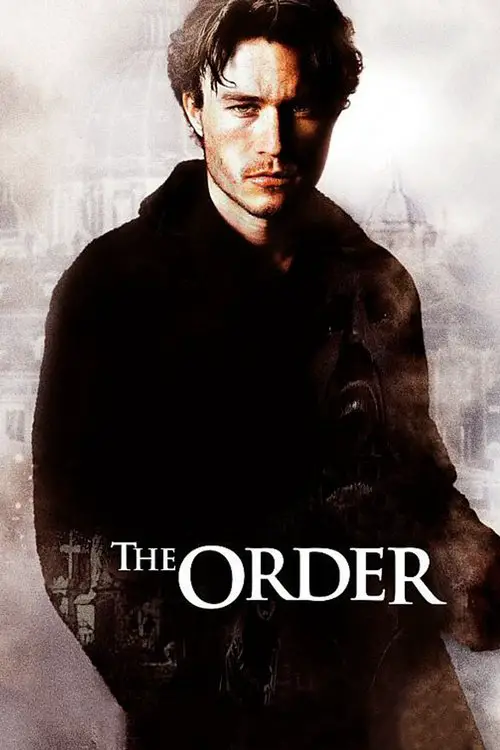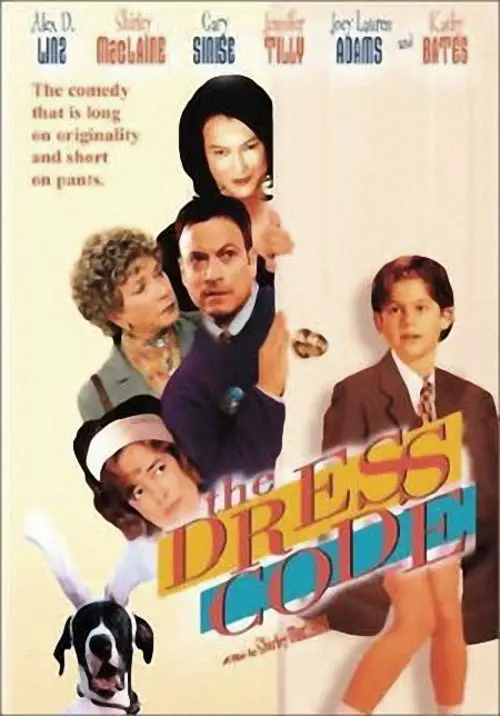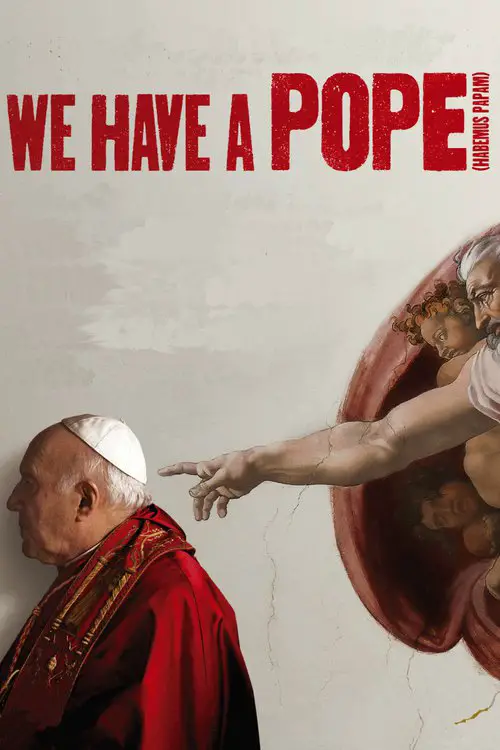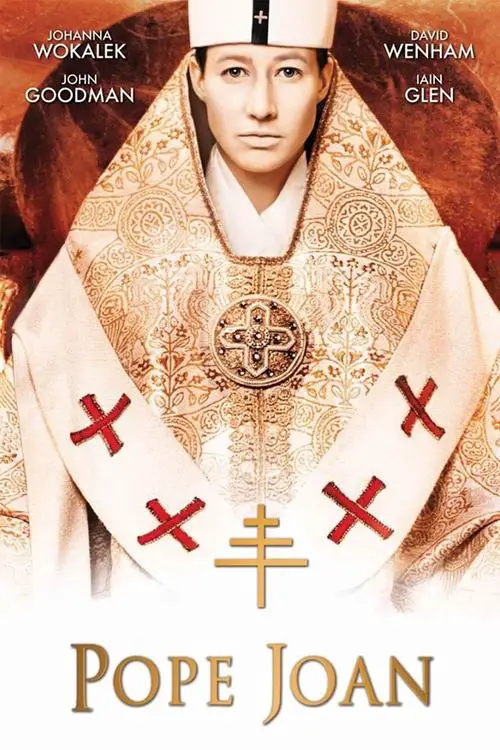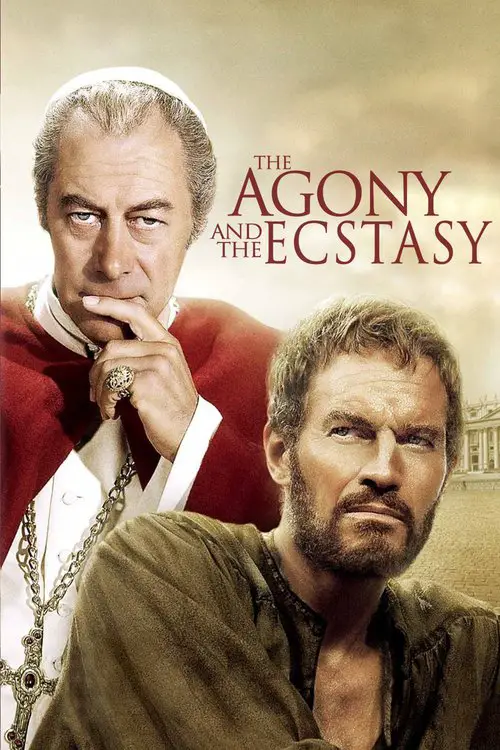Pastor Angelicus (1942)
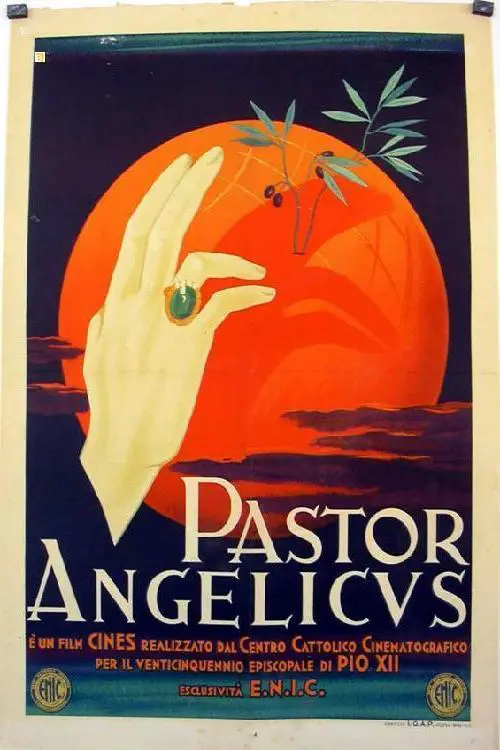
Similar movies
Mother, the film, breaks a 40-year taboo by bringing to light an issue that silently fuels our largest environmental, humanitarian and social crises - population growth. Since the 1960s the world population has nearly doubled, adding more than 3 billion people. At the same time, talking about population has become politically incorrect because of the sensitivity of the issues surrounding the topic- religion, economics, family planning and gender inequality. The film illustrates both the over consumption and the inequity side of the population issue by following Beth, a mother, a child-rights activist and the last sibling of a large American family of twelve, as she discovers the thorny complexities of the population dilemma and highlights a different path to solve it.
An extraordinary voyage of discovery to see the most impressive collection of works of art built up over two thousand years of history. VATICAN MUSEUMS 3D, a SKY production in collaboration with the Vatican Museums Directorate, for the very first time brings Ultra HD 4K/3D film cameras inside the Vatican Museums and the Sistine Chapel, to show the masterpieces in these collections as they have never been seen before.
Documentary filmmaker Amy Berg investigates the life of 30-year pedophile Father Oliver O'Grady and exposes the corruption inside the Catholic Church that allowed him to abuse countless children. Victims' stories and a disturbing interview with O'Grady offer a view into the troubled mind of the spiritual leader who moved from parish to parish gaining trust ... all the while betraying so many.
Commentator-comic Bill Maher plays devil's advocate with religion as he talks to believers about their faith. Traveling around the world, Maher examines the tenets of Christianity, Judaism and Islam and raises questions about homosexuality, proof of Christ's existence, Jewish Sabbath laws, violent Muslim extremists.
In this two-part Channel 4 series, Professor Richard Dawkins challenges what he describes as 'a process of non-thinking called faith'. He describes his astonishment that, at the start of the 21st century, religious faith is gaining ground in the face of rational, scientific truth. Science, based on scepticism, investigation and evidence, must continuously test its own concepts and claims. Faith, by definition, defies evidence: it is untested and unshakeable, and is therefore in direct contradiction with science. In addition, though religions preach morality, peace and hope, in fact, says Dawkins, they bring intolerance, violence and destruction. The growth of extreme fundamentalism in so many religions across the world not only endangers humanity but, he argues, is in conflict with the trend over thousands of years of history for humanity to progress to become more enlightened and more tolerant.
The film begins as a personal journey of filmmaker, Mary Healey, who was also a Catholic. She films a series of historic events where we meet key players involved in the sexual abuse scandal, including victims, whistle-blower priests and a senior ranking US Cardinal who is called upon by the Vatican to control a waxing maelstrom.
Two filmmakers try to create a film venturing on the life of Jose Rizal. Before they do that, they try to investigate on the heroism of the Philippine national hero. Of particular focus is his supposed retraction of his views against the Roman Catholic Church during the Spanish regime in the Philippines which he expressed primarily through his two novels Noli Me Tangere and El Filibusterismo. The investigation was done mainly by "interviewing" key individuals in the life of Rizal such as his mother Teodora Alonso, his siblings Paciano, Trinidad, and Narcisa, his love interest and supposed wife Josephine Bracken, and the Jesuit priest who supposedly witnessed Rizal's retraction, Fr. Balaguer. Eventually, the two filmmakers would end up "interviewing" Rizal himself to get to the bottom of the issue.
A 71 minute look into the wacky world of religion. Targeting groups from Catholics to Baptists, this movie exposes the idiocy that is associated to religion in general. This is the fourth film release from B.A. Brooks and is quickly causing quite a stir in religious communities across the globe, while also hailing acclaim as a very entertaining, and insightful film experience.
Mother and daughter - Big Edie and Little Edie Beale - live with six cats in a crumbling house in East Hampton. Little Edie, in her 50s, who wears scarves and bright colors, sings, mugs for the camera, and talks to Al and David Maysles, the filmmakers. Big Edie, in her 70s, recites poetry, comments on her daughter's behavior, and sings "If I Loved You" in fine voice. She talks in short sentences; her daughter in volumes. The film is episodic: friends visit, there's a small fire in the house, Little Edie goes to the shore and swims. She talks about the Catholic Church. She's ashamed that local authorities raided the house because of all the cats. She values being different.
Brash boxer Cassius Clay burst into the American consciousness in the early 1960s, just ahead of the Civil Rights movement. His transformation into the spiritually enlightened heavyweight champion Muhammad Ali is legendary, but this religious awakening also led to a bitter legal battle with the U.S. government after he refused to serve in the Vietnam War. This film reveals the perfect storm of race, religion and politics that shaped one of the most recognizable figures in sports history.
A documentary about the life of California rock band The Doors, written and directed by Tom DiCillo and narrated by Johnny Depp. Makes public for the first time material from Jim Morrison's 1969 film fragment âHWY: An American Pastoralâ, and spans the period from the bandâs formation through to Morrisonâs death in 1973, aged just 27.
These days it seems that nothing is as polarizing and controversial as religious belief. Everywhere one goes it seems that people are asking the question: Do we even need religion? Is it limiting our understanding? What kind of world is being produced by these faith systems? Regardless of your answers to these questions, it is hard to deny that worship still plays an important role in many people's lives and many people simply do not understand where others are coming from. Believers is a unique exploration of those questions related to faith by focusing the lens on five of the world's belief systems, Agnosticism, and the new Atheism. The film follows Sacha Sewhdat's personal journey towards understanding as he searches for the value of religion in modern society. With honesty and objectivity Sacha explores what it means to believe in a higher power or what it would mean to let those beliefs go. It will both inform and challenge what you know about religion in the 21st Century.
A documentary series from Channel 4, hosted by professor Richard Dawkins, well-known darwinist. The series mixes segments on the life and discoveries of Charles Darwin, the theory of natural selection and evolution, and Dawkins' attempts at convincing a group of school children that evolution explains the world around us better than any religion.
Knocking opens the door on Jehovah's Witnesses. They are moral conservatives who stay out of politics and the Culture War, but they won a record number of court cases expanding freedom for everyone. They refuse blood transfusions on religious grounds, but they embrace the science behind bloodless surgery. In Nazi Germany, they could fight for Hitler or go to the concentration camps. They chose the camps. Following two families who stand firm for their controversial and misunderstood Christian faith, KNOCKING reveals how one unlikely religion helped to shape history beyond the doorstep.
Tintin and I (French: Tintin et moi) is a 2003 documentary by Anders Høgsbro Ãstergaard, about Belgian writer-artist Georges Remi, better known as Hergé, and his creation Tintin. The film is a co-production of Denmark, Belgium, France, and Switzerland.The film is based around Numa Sadoul's revealing interviews with Hergé from the 1970s, and goes into detail about Hergé's life and how the success of Tintin affected it.The film is based strongly around Hergé's experiences and state of mental health leading up to the writing of Tintin in Tibet, often heralded as Hergé's most personal album. The history of Tintin is examined through Hergé's life and the way that he was affected by the growing popularity of his character.
We follow the daily activities of Mother Teresa and her nuns, in service to the poor of India and the world. Mother Teresa attends to the basic needs of her nuns and the poor, while at the same time, balances her role as world-recognized leader. Throughout the film, we witness personal and "behind-the-scenes" events, including the blessing ceremony of a nun becoming part of Mother Teresa's "Sisters of the Poor" convent.
One Nine Nine Four is a documentary film written and directed by Jai Al-Attas, "exploring the birth, growth and eventual tipping point of punk rock during the 90s" . The bulk of the film's content consists of band interviews and archive footage. The film is narrated by skateboarder Tony Hawk and features interviews and footage of various bands and figures in the punk scene including Billie Joe Armstrong of Green Day, Dexter Holland from The Offspring, Greg Graffin and Brett Gurewitz from Bad Religion, Tim Armstrong, Matt Freeman (previously of Operation Ivy) and Lars Fredriksen from Rancid, Fat Mike from NOFX as well as Mark Hoppus and Tom DeLonge from Blink-182 .
An inspiring, triumphant and wickedly funny portrait of one of comedyâs most enigmatic and important figures, CALL ME LUCKY tells the story of Barry Crimmins, a beer-swilling, politically outspoken and whip-smart comic whose efforts in the 70s and 80s fostered the talents of the next generation of standup comedians. But beneath Crimminsâ gruff, hard-drinking, curmudgeonly persona lay an undercurrent of rage stemming from his long-suppressed and horrific abuse as a child â a rage that eventually found its way out of the comedy clubs and television shows and into the political arena.
A BBC/Discovery Channel co-production, this docu-narrative film describes the life of Siddharta Gautama, the process by which he arrived at the fundamentals of Buddhism and the archaeological findings confirming the traditional accounts of his life. In addition it also gives a glimpse of Buddhism today and features interviews by the Dalai Lama and other notable Buddhists.
Academy Award Winning Director, Daniel Junge (Saving Face) and director Bryan Storkel (Holy Rollers: The True Story of Card Counting Christians) team up with producers Eben Kostbar and Joseph McKelheer (The Hammer) for a feature documentary about the confluence of Christianity and mixed martial arts, including ministries which train fighters. The film follows several pastors and popular fighters in their quest to reconcile their faith with a sport that many consider violent and barbaric. Faith is tried and questions are raised. Can you really love your neighbor as yourself and then punch him in the face?
A historical analysis of how groups such as the Naziâs may use language, symbols, and religious connotation in order to come to power. It raises questions that deserve in depth analysis and consideration. Questions include: Where do legends expand our thinking and where do they bury it? When does spiritual pursuit suddenly turn into fanaticism and violence? Last, have we as a society learned from our past, and if so have forgotten the lessons of the 20th Century? Are we now embarking on a new level only to learn the same old lessons about humanity again? In addressing these questions we are taken into the back drop of the history of Germany beginning in the late 1800âs through the late 20th Century at the eve of the 21st. âA society that does not take archetypes, myths, and symbols seriously will possibly be jumped by them from behind.â
Does hell exist? If so, who ends up there, and why? Featuring an eclectic group of authors, theologians, pastors, social commentators and musicians, HELLBOUND? is a provocative, feature-length documentary that looks at why we are so bound to the idea of hell and how our beliefs about hell affect the world we are creating today.
Documentary tracing the history of the Jewish people from the destruction of the temple in AD 70 to the modern-day nation of Israel. Through scriptural and historical evidence, DNA, mathematics, and testimony from rabbis and pastors, it attempts to answer the question, "Who are God's chosen people?".
Hosted by Ben Stein, this controversial documentary examines how pro-intelligent design scholars and scientists are often chastised, fired or denied tenured positions by those who believe in Darwin's theory of evolution. Nathan Frankowski's film explores how scientists who believe in God are oppressed and how the acceptance of Darwinism might have played a role in the formation of the Nazi regime.
The eventful life of a humble Polish priest who once decried the pomp of the Catholic Church "a circus" and labeled the Pope a "prisoner of the Vatican" before ascending to the papal throne is explored as actor Thomas Kretschmann takes on the role of Pope John Paul II to the man who would usher Catholicism into the 21st century. Born in Poland and forced to carry on following the untimely death of his family, Karol Wojtyla endured both personal hardships and the rape of his homeland by the Third Reich to spread the word of God through the Catholic Church. Later, as Pope John Paul II, Wojtyla was beloved by millions of Catholics worldwide. From the sexual-abuse scandal that shook the American Catholic Church in the later-20th century to the murder of Salvatorian Archbishop Oscar Romero and the near-fatal assassination attempt made on his own life, Pope John Paul II endured to bridge the gap between various faiths until his death resulting from Parkinson's disease in April of 2005.
The film takes you on a journey inside the Vatican like you've never seen it before. From the ancient "City of the Dead" beneath St. Peter's basilica to the vaults of the Secret Archives, to the Pope's private offices and TV room. The show also explores the long and tumultuous relationship between the Vatican and the U.S., uncovering documents that date back to the Civil War and exploring Reagan's relationship with John Paul II in their quest to combat the Soviets during the Cold War.
Fr. Hugh O'Flaherty is a Vatican official in 1943-45 who has been hiding downed pilots, escaped prisoners of war, and Italian resistance families. His diplomatic status in a Catholic country prevents Colonel Kappler from openly arresting him, but O'Flaherty's activities become so large that the Nazi's decide to assassinate him the next time he leaves the Vatican. O'Flaherty continues his work in a variety of disguises. Based on a true story. Written by John Vogel
The Pope is disturbed by the fact that today's youth are not as spiritually inclined as they should be, and so he decides to set up a Vatican television station and entice them back into the religion of their ancestors. In order to particularly grab the wandering flock, a priest invites the comedians from "The Other Sunday," an actual comedy program on Italian television, to perform on this new channel. He sets up a show that parodies an over-the-hill transvestite group, the Flagg Sisters, played by themselves. This understandably upsets one of the more eminent Cardinals who tries every means he can to stop the show. Nothing succeeds, and he can only assemble with all the other devout men of God to view the first live broadcast. Worked into the plot are several outrageously incongruous scenes that casually juxtapose the secular and sacred, including God at the wheel of a Fiat - what else would He drive?
The Jewish Cardinal tells the amazing true story of Jean-Marie Lustiger, the son of Polish-Jewish immigrants, who maintained his cultural identity as a Jew even after converting to Catholicism at a young age, and later joining the priesthood. Quickly rising within the ranks of the Church, Lustiger was appointed Archbishop of Paris by Pope John Paul IIâand found a new platform to celebrate his dual identity as a Catholic Jew, earning him both friends and enemies from either group. When Carmelite nuns settle down to build a convent within the cursed walls of Auschwitz, Lustiger finds himself a mediator between the two communitiesâand he may be forced, at last, to choose his side.
An ancient skeleton has been discovered in Jerusalem in a rich man's tomb. Colouration of the wrist and leg bones indicates the cause of death was crucifiction. other signs, include a gold coin bearing the marks of Pontius Pilate and faint markings around the skull, lead authorities to suspect that these could be the bones of Jesus Christ. Politicians, clerics, religious extremists and those using terror as a means to an end, find their beliefs and identities test while risking their lives to unearth the truth.....
A Man for All Seasons is the filmed version of the life of Thomas More. An English man comes to Sir Thomas More to ask if he can divorce his wife since King Henry VIII has made it illegal. Sir Thomas More stands up in opposition to the King even though he knows heâs risking his own life. An award winning film from 1966.
For centuries, a secret Order of priests has existed within the Church. A renegade priest, Father Alex Bernier, is sent to Rome to investigate the mysterious death of one of the Order's most revered members. Following a series of strangely similar killings, Bernier launches an investigation that forces him to confront unimaginable evil.
Bruno is the story of a unique young boy genius, Bruno (Alex D. Linz), whose expression of his own individuality leads his family and community along an emotional journey. By the time he reaches his final destination, Bruno's story becomes a fable of the importance of each person's uniqueness and originality.
Charlton Heston stars as Renaissance artist Michelangelo di Lodovico Buonarroti Simoni (6 March 1475 â 18 February 1564), who begrudgingly paints the Sistine Chapel for imperious Pope Julius II in this epic adaptation of Irvine Stone's novel directed by Carol Reed. While the novel covers Michelangelo's life from birth to death, the film focuses on the battle of wills between the perfectionist artist and the impatient Pope who commissions (and eventually commands) him to paint the famed chapel.
© Valossa 2015–2025
| Privacy Policy
